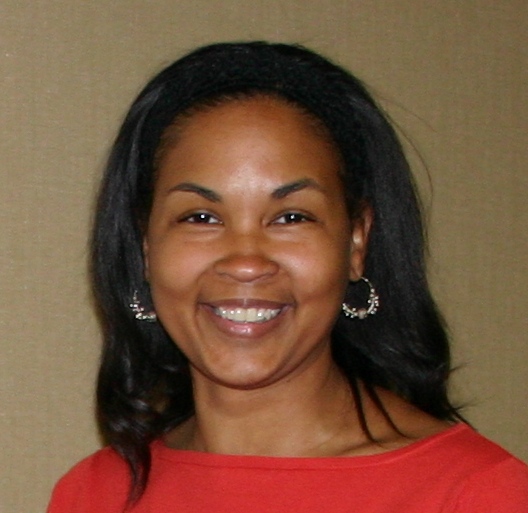Expert Opinion: Five Questions for a Public Interest Leader – Jen Thomas
A recurring feature on the blog will be “Five Questions for a Public Interest Leader” – a short interview with a variety of public interest legal leaders including non-profit directors, public defenders, law school administrators, and more. For our second “Five Questions” we feature Jen Thomas, Director of Legal Recruiting for the Public Defender Service for the District of Columbia. At PDS she is in charge of entry-level and lateral recruiting, and oversees the law clerkship program.
1. Please tell us how you got to your current position.
After graduating from the University of Texas School of Law, I joined the Maryland Legal Aid Bureau as an Elderlaw attorney. At Legal Aid, I represented senior citizens in social and/or economic need with a variety of issues including housing, public benefits and other civil matters. I left Legal Aid for the National Association for Public Interest Law (now Equal Justice Works) where I served as the program associate for the Fellowships for Equal Justice. My work as program associate entailed reviewing applications for postgraduate fellowships, interviewing fellowship candidates, and counseling the fellows during their project placements.
After two years at NAPIL, I took a position in the career services office at American University’s Washington College of Law. I enjoyed counseling students at AU and was promoted to Assistant Director, but in 2002 was drawn to the Public Defender when they created a position for their first legal recruiter. I’ve been at PDS ever since, recruiting entry level and lateral attorneys and working with numerous law students who participate in our law clerkship program, and despite not having a plan, I’ve landed exactly where I want to be.
2. When considering applicants for internships or permanent positions, what are the top three things you look for?
The top three things we look for in candidates for internships and permanent positions are creative minds, excellent judgment and a genuine commitment to our clients and mission.
3. Looking back now, is there anything you would have done differently in your education or along your career path?
Looking back, I would change the way I approached law school. I wish that I had fully embraced and been more proactive about my legal education. I should have been more aggressive about participating in clinics and other activities that better fit my career goals and aspirations. Instead, I allowed my dissatisfaction with what I perceived to be “the law school experience” to dictate what I took away from UT, and as a result failed to take full advantage of some really wonderful learning opportunities.
4. Do you have any advice for attorneys considering a lateral move into a public defender office, whether from another PD office or a different field entirely?
I suggest lateral candidates fully research both the public defender field and the particular office they’re interested in. Take advantage of opportunities for informational interviews, as public interest attorneys tend to be generous with their time and genuinely willing to help guide those interested in the work. Because PD offices can have very different cultures and approaches to the indigent criminal defense representation, research can help candidates determine which offices will be a good fit with their personality and practice philosophy.
5. We all know interviews are vitally important – can you give us 3 Interview Dos and Don’ts?
Interview Dos
Fully research the office and be prepared to discuss why the work is a good match for your skills and abilities, while demonstrating that you have gained the relevant skill set to make you an asset (clinics, internships, etc). Clearly articulate your reasons for wanting to work as a public defender and demonstrate that you have a real understanding of what the work entails. Expect behavioral interview questions and hypotheticals, role playing and exercises such as opening statements and cross examinations.
Interview Don’ts
Approach the interview in a casual manner, simply because the office is casual. Be defensive – the purpose of the PD interview is to see how well you think on your feet and react under pressure, the type of pressure our attorneys face every day in court. Hide your personality – PD types like and encourage strong personalities. Let the interviewer really see who you are and how your individuality will strengthen the office.
We would like to thank Jen for her time and thoughtful answers to our questions. If you have any ideas for public interest leaders to interview, or questions you’d like answers, leave a comment here!


